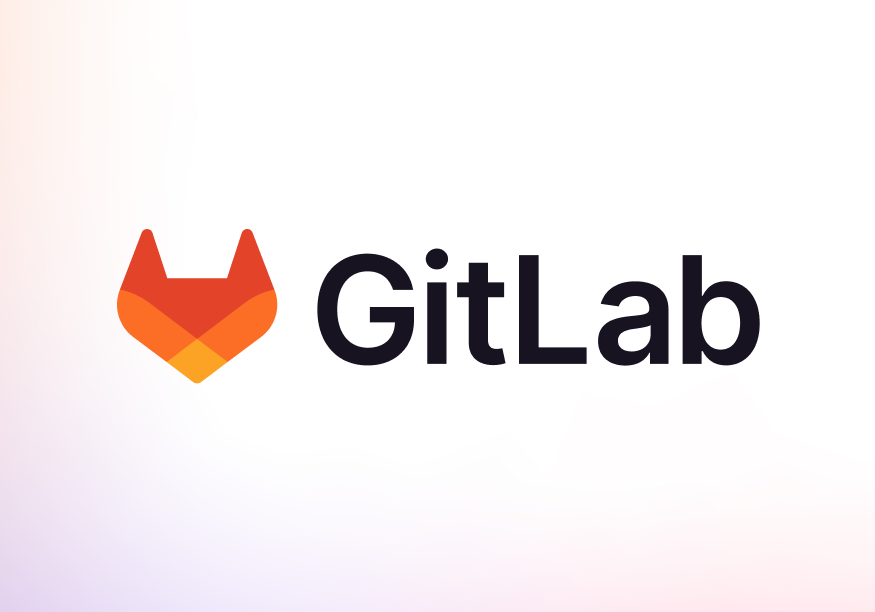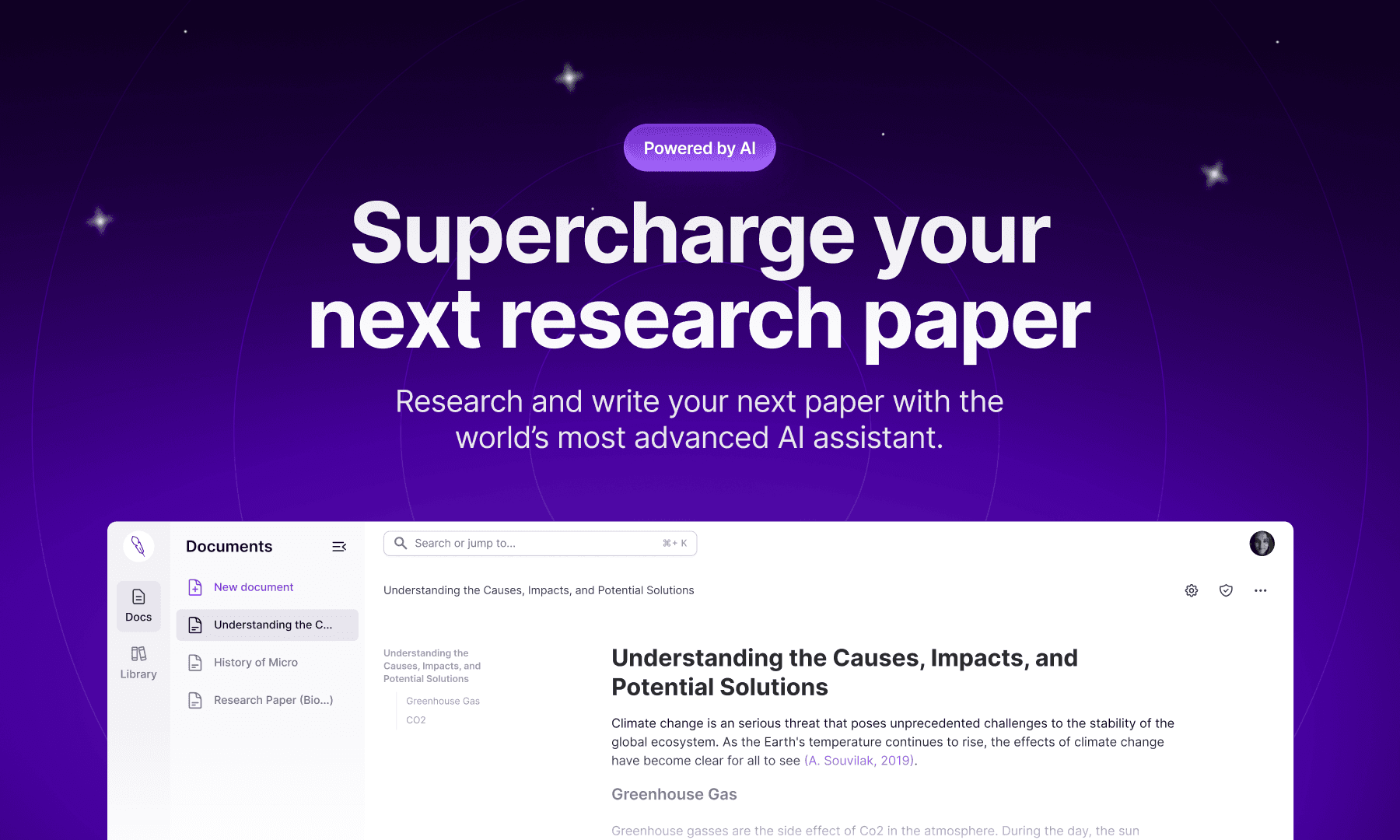- Progress Rundown
- Posts
- Development Operations Specialists
Development Operations Specialists
Aka DevOps Engineers
🙃 Here are a few things you should know before reading:
This newsletter is for everyone who has no idea what they want to do or wants to shift careers.
All of the tools and information we provide are backed up by research and statistics.
We mainly focus on lucrative and rewarding fields with a high growth rate over the next 10 years.
Some links (not-free resources) might be affiliates.
ENJOY!
DevOps
**Special credits: spacelift.io
MEGA AI DIRECTORY
(A uni student’s collection.)
Write plagiarism-free essays, personal statements, speeches, and research papers with automatically-generated citations:
Get referrals directly and gain a competitive edge in your job hunt: (It really can’t get any easier.) 😀
Create appealing presentations, docs, & webpages:
Use a search engine that computes answers to your mathematical, scientific, and other questions by itself instead of looking them up in a database:
Getting Fired From Your Own Company

CEO Sam Altman and CTO Mira Murati’s interview with the verge.com:
A Cheat Sheet to Understanding Job Descriptions
1: You need to understand the difference between “must-haves” and “nice-to-haves”. Job descriptions have a laundry list of qualifications but not all of them are equally important. One way to tell the difference is to look for words like 'required,' 'essential,' and 'must have.' since these words are the true must-haves for the job. Qualifications that don't include these words are likely nice-to-haves.
2: Descriptions include a lot of industry jargon and buzzwords. It can be easy to get lost and frustrated if you don’t know them. Here’s a simple trick I learned to figure out what they mean: look for keywords that are repeated throughout the job description since these are likely the truly essential skills and qualifications.
3: Learn the difference between hard skills and soft skills. Let's use an analogy: think of hard skills as the ingredients in a recipe and soft skills as the chef who combines them into a delicious dish. Hard skills are the specific abilities you need to perform a job like knowing how to bake a cake. Soft skills are the personal attributes you bring to the job, like being organized, creative, or patient. Both types of skills are needed to be successful but the soft skills are what make the hard skills shine.
**Credits: Atticus Li, jobsolv.com
Act cool even if it’s all in shambles,
(no not your job hunt, though)
The Rundown Team.


Us trying to convince ourselves we got this.





/cdn.vox-cdn.com/uploads/chorus_asset/file/25121586/1778705443.jpg)
Reply